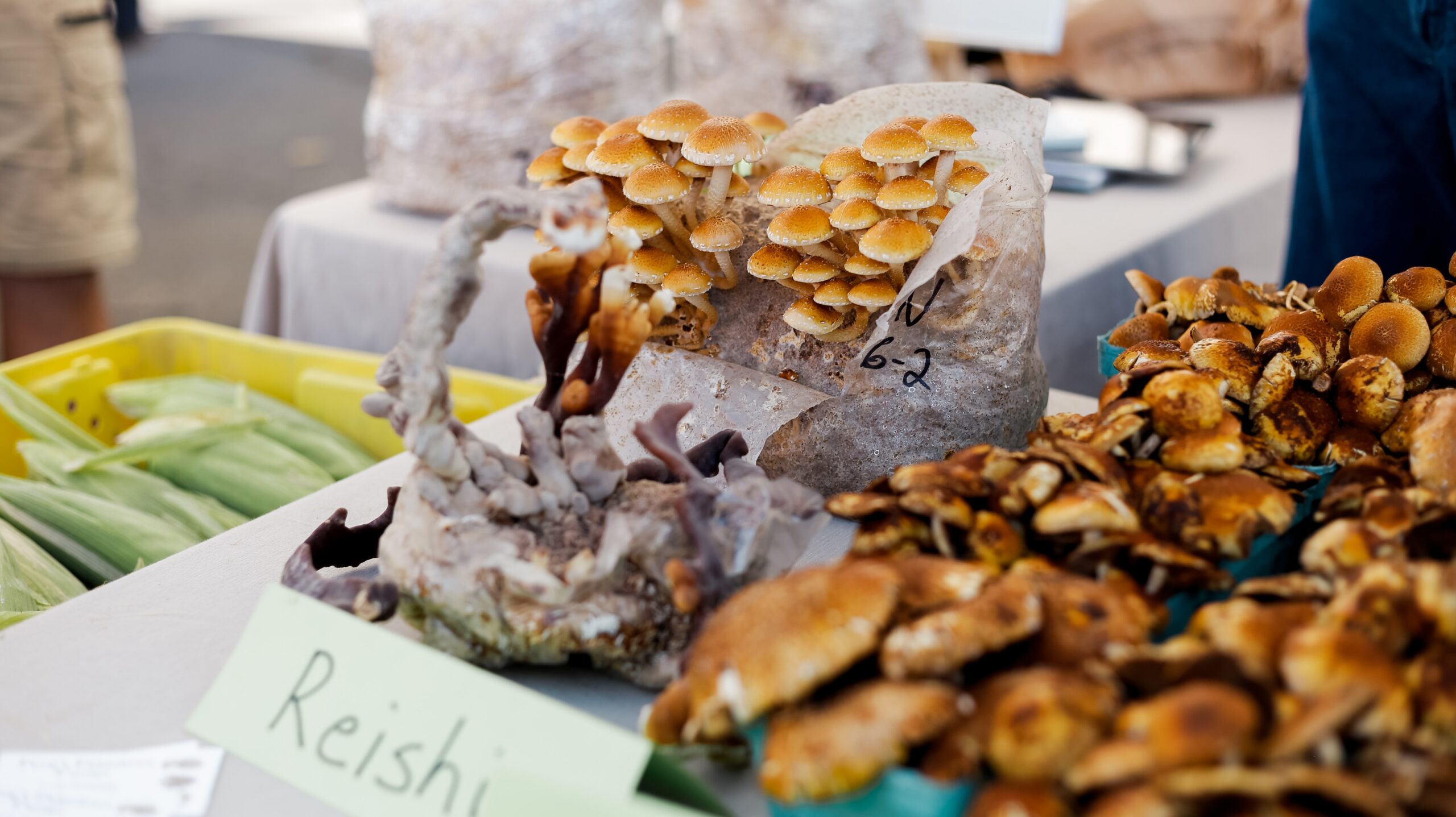
Traditional Chinese Medicine (TCM) utilizes many different modalities to help keep the body free from disease. These modalities include acupuncture, moxibustion, nutrition, qi gong, tai chi, and herbal formulations among many others.
Chinese herbal medicine has been used for millennia to keep the body free from disease and to also help remove disease when it attacks by strengthening a weakened immune system by increasing red and white cell counts, T-cell count, and enhancing humoral and cellular immunity. Herbs can be used alone or combined with other herbs to make more effective formulas used to strengthen the immune system when the body is fighting illness. Chinese Herbal remedies and nutritional therapy can treat a wide range of health conditions, including immune deficiency, by stimulating and balancing the immune system. TCM strives to regulate immune function and treat the underlying cause of the disease by reducing symptoms, speeding up the healing of infection, and normalizing the body’s immune response. And while not all of the herbs we will discuss here are specific to TCM, they can be found and utilized easily.
Reishi Mushroom: This fungus is sometimes called the “great protector” because it guards the body against the detrimental effects stress can have on the physical body. When taken regularly, it has been shown to improve immunity, while also calming the nerves. Specifically, it can help inhibit tumor growth in both breast and prostate cancer.
Elderberry: Elderberry is a commonly used medicinal plant that is known all around the world. Elderberry has been gaining popularity over the past few years, and rightfully so! The berries and flowers of elderberry are packed with antioxidants and vitamins that can boost your immune system. Elderberry is most often taken as a supplement to treat cold and flu symptoms.
Ginger: Ginger can be used fresh, powdered, dried, as oil and juice, and is even added to processed foods. Ginger has a long history of use in various forms of traditional and alternative medicines. It has been used to help digestion, alleviate nausea, reduce the risk of heart disease, and help fight the flu and common cold. Ginger can also reduce inflammation and alleviate exercise-induced muscle pain.
Probiotics: Having the right gut bacteria is linked to numerous health benefits, including weight loss, improved digestion, and healthier skin. There is now substantial evidence that probiotics can provide benefits by improving and modulating immune function, regulating inflammation, and cell-to-cell signaling. Certain probiotics have even shown to decrease airway hyperresponsiveness and inflammation by inducing regulatory mechanisms.
A great way to nourish a healthy gut is to consume foods filled with beneficial bacteria, rather than adding supplemental pills. This includes cultured dairy products like yogurt and kefir; fermented vegetables such as kimchi or sauerkraut; miso, tempeh, natto, and other fermented soy products; as well as kombucha (a type of fermented tea).
Astragalus: This herb is a favorite among TCM practitioners and has a long history of use in Traditional Chinese Medicine for a variety of conditions, especially for those who are already fatigued. This herb is specifically known for its ability to strengthen the Wei Qi. Astragalus root is often used as a tonic to increase stamina (the ability to sustain prolonged physical or mental effort). Astragulus promotes healthy resistance from the occasional physical and emotional stressors, all the while supporting healthy immune functions.
The appropriate dose of astragalus depends on several factors such as the user’s age, health, and several other conditions. Also, worth noting, there are over 2,000 different species of astragalus.
As you can see, herbs can be very beneficial and help keep the body free from illness. The herbs mentioned above are just a few examples that would be good to have on hand to help boost your immune system.
Please be proactive in your health, always seek professional advice when adding any kind of supplements to your daily routine.
